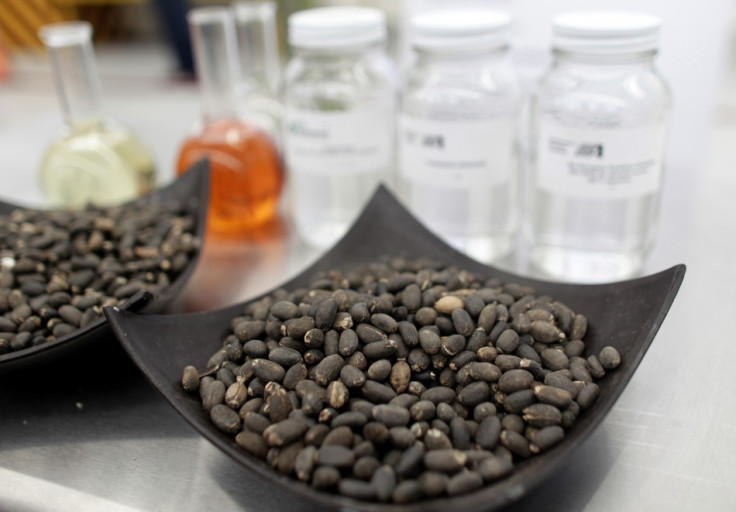USDA has identified 14 plant species in mystery seed packets arriving from China
Agriculture officials are urging recipients of China mystery seeds to send them to local plant agencies along with the package in which they came.
The US Department of Agriculture has finally identified the unsolicited seeds from China which had been randomly sent to hundreds of people through mail across the US and Canada. As of July 29, at least 14 species have been identified from the packets.
According to Deputy Administrator Osama El-Lissy of the USDA's Animal and Plant Health Inspection Service, "We have identified 14 different species of seeds, including mustard, cabbage, morning glory and some herbs, like mint, sage, rosemary, lavender, and then other seeds like hibiscus and roses."
Federal officials have warned recipients of the seeds not to plant or carelessly dispose of the seeds over fears these could be invasive species that may pose harm or cause diseases in native plants and insects.
Authorities are considering speculations of online money-making scams originating from China. The USDA is working closely with the Department of Homeland Security as it leads ongoing investigations on the packages.
"At this time, we don't have any evidence indicating this is something other than a 'brushing scam' where people receive unsolicited items from a seller who then posts false customer reviews to boost sales," the USDA statement said.
As more of these seed packets continue to arrive, the agency has urged recipients to save the seeds along with the packaging and send them to the local plant regulatory office for testing. They have also published instructions on how to ship the packets safely to authorities along with a list of these government office destinations.
Although the seeds may seem fairly innocuous, agricultural authorities advise recipients to store the seeds away from children as well as pets until they can send them to their local agriculture agency.
Iowa State seed control official Robin Pruisner said she has received reports the seeds had some kind of a coating that could possibly be insecticide or fungicide. These are also considered harmful to crops.
A man from Arkansas reportedly planted the seeds on his property prior to the issued warning. He found the planted seeds have been producing large white fruit from orange flower blossoms similar to that of a squash.
A spokesperson from the Chinese foreign ministry has assured that they are investigating alongside the US Postal Service. They have made arrangements to have some of the packages shipped back to China for further analysis.

© Copyright IBTimes 2025. All rights reserved.





















